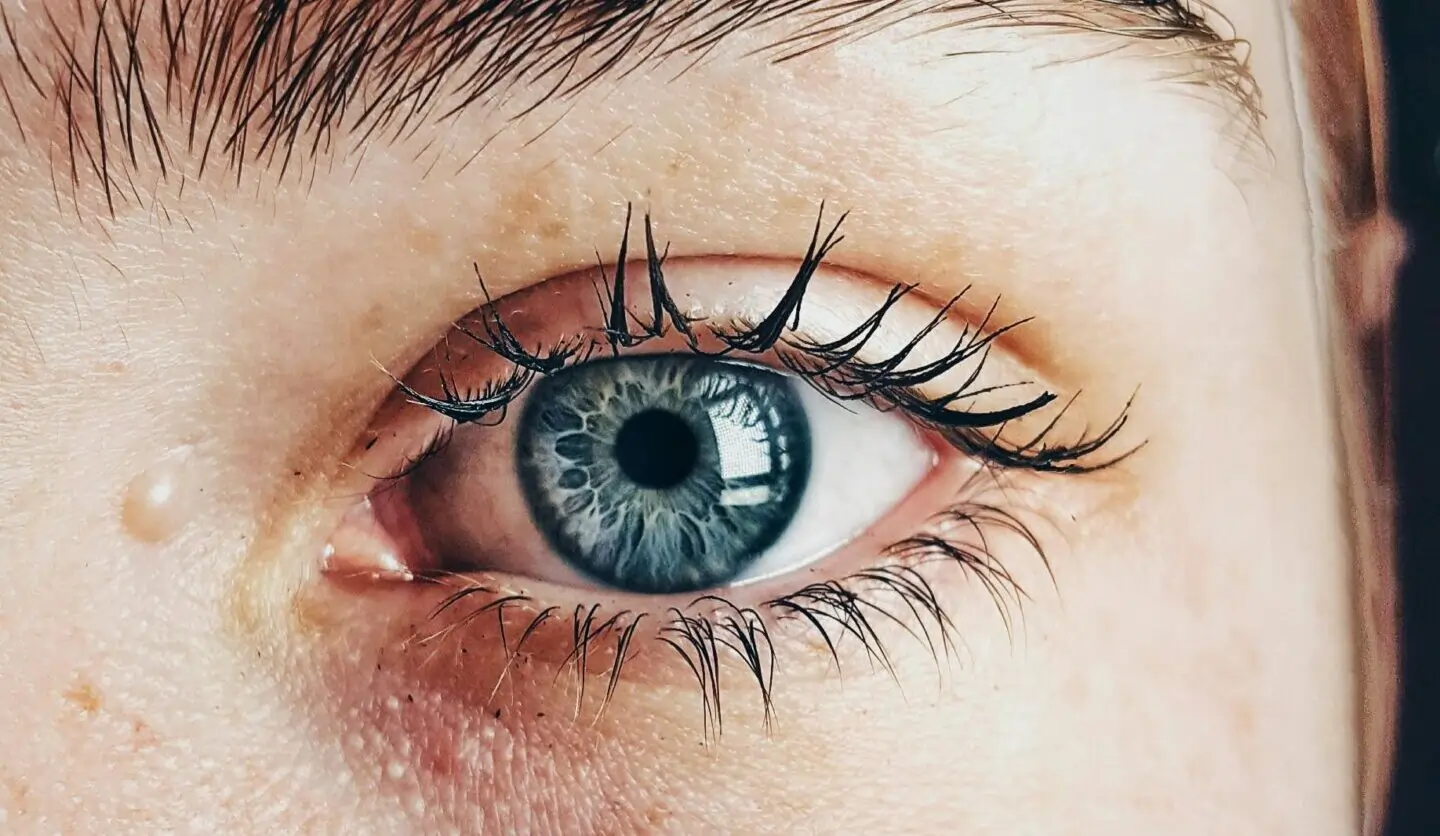Menu

Newport Beach Diabetic Retinopathy Doctor

Frequently Asked Questions About Diabetic Retinopathy
If you have questions about diabetic eye disease, it may be best to see a Newport Beach diabetic retinopathy doctor. While you wait for your appointment, you may find it helpful to read through the following frequently asked questions — and don’t forget to make notes of anything you want to ask your diabetic retinopathy doctor in Newport Beach.
What is Diabetic Retinopathy?
Diabetic retinopathy is an eye condition that presents itself because of diabetes complications. It can lead to blindness if left untreated. Diabetes in the body damages the small blood vessels in the eye’s retina. The retina is the tissue at the back of the eye that is sensitive to light and is essential for good vision.
What Are the Symptoms of Diabetic Retinopathy?
Any Newport Beach diabetic retinopathy doctor may tell you that sometimes there are no symptoms in beginning of the disease. You may not feel any pain or notice any changes to your vision until the disease is more severe.
Once the macula in the retina swells, you may experience blurred vision. Still, some patients delay going to see a Newport Beach diabetic retinopathy doctor because they don’t recognize this as a serious symptom. This condition, called macular edema, actually can be serious.
Unfortunately, there can be more advanced cases of diabetic retinopathy. Some patients experience no drastic symptoms until they are nearly blinded by the condition. This is the main reason to make sure you have regular eye examinations; early intervention is important.
What Are the Stages of Diabetic Retinopathy?
There are four stages of diabetic retinopathy and they include: mild nonproliferative retinopathy, moderate nonproliferative retinopathy, severe nonproliferative retinopathy, and proliferative retinopathy.
- Nonproliferative: Micro aneurysms form in the blood vessels of the retina.
- Moderate nonproliferative: Blood vessels to the retina are blocked.
- Severe nonproliferative: More blood vessels to the retina are blocked, causing the majority of the retina to be without blood. The retina signals the body to grow more blood vessels to make up for the blood loss.
- Proliferative: The new blood vessels grow and develop abnormally and are fragile, making them not suitable for replacing the ones that were once healthy.
How is Diabetic Retinopathy Treated?
Diabetic retinopathy may not be treated in the first three stages unless a patient develops macular edema. Instead, your Newport Beach diabetic retinopathy doctor may focus on preventing the condition from worsening by working with your primary care doctor to keep your blood sugar, cholesterol, and blood pressure under control.
Proliferative retinopathy may require treatment with laser surgery to shrink the abnormal blood vessels. Laser treatment may be able to save your vision when administered in time.
Diabetic retinopathy is a serious condition, but it is also very common in patients with diabetes. It is a serious condition that requires monitoring and treatment once it gets to an advanced stage to prevent blindness. If you have diabetes, you may schedule eye exams with a Newport Beach diabetic retinopathy doctor at the Retina Associates of Orange County by calling 949-793-7181 today.
Posted onTrustindex verifies that the original source of the review is Google. Cannot say enough about the level of expertise and competency of Dr Hwang and his staff. He saved my vision by repairing a detached retina in my right eye and has been providing incredible care in treating my macular condition and retaining my vision over the years. He is caring and compassionate with a true love for his practice. I am blessed to be one of his patients!Posted onTrustindex verifies that the original source of the review is Google. Check up on visual issue went perfectly. Great staff as well.Posted onTrustindex verifies that the original source of the review is Google. Professional and thoughtful doctor, caring patient as a family member.Posted onTrustindex verifies that the original source of the review is Google. Great service. Very satisfied.Posted onTrustindex verifies that the original source of the review is Google. I have tremendous anxiety prior to my intraocular injections to manage my wet AMD, but Dr. Hwang makes the process as quick and painless as possible. I wouldn't trust my eye health to anyone else. He's the best.Posted onTrustindex verifies that the original source of the review is Google. The receptionists are very courteous. Appointments are always on time. Dr. Hwang answers all questions and explains things to you.Posted onTrustindex verifies that the original source of the review is Google. Always good service. Dr. Gupta is first rate.
